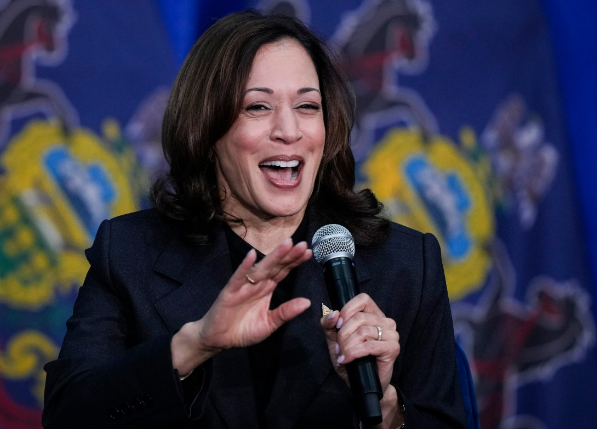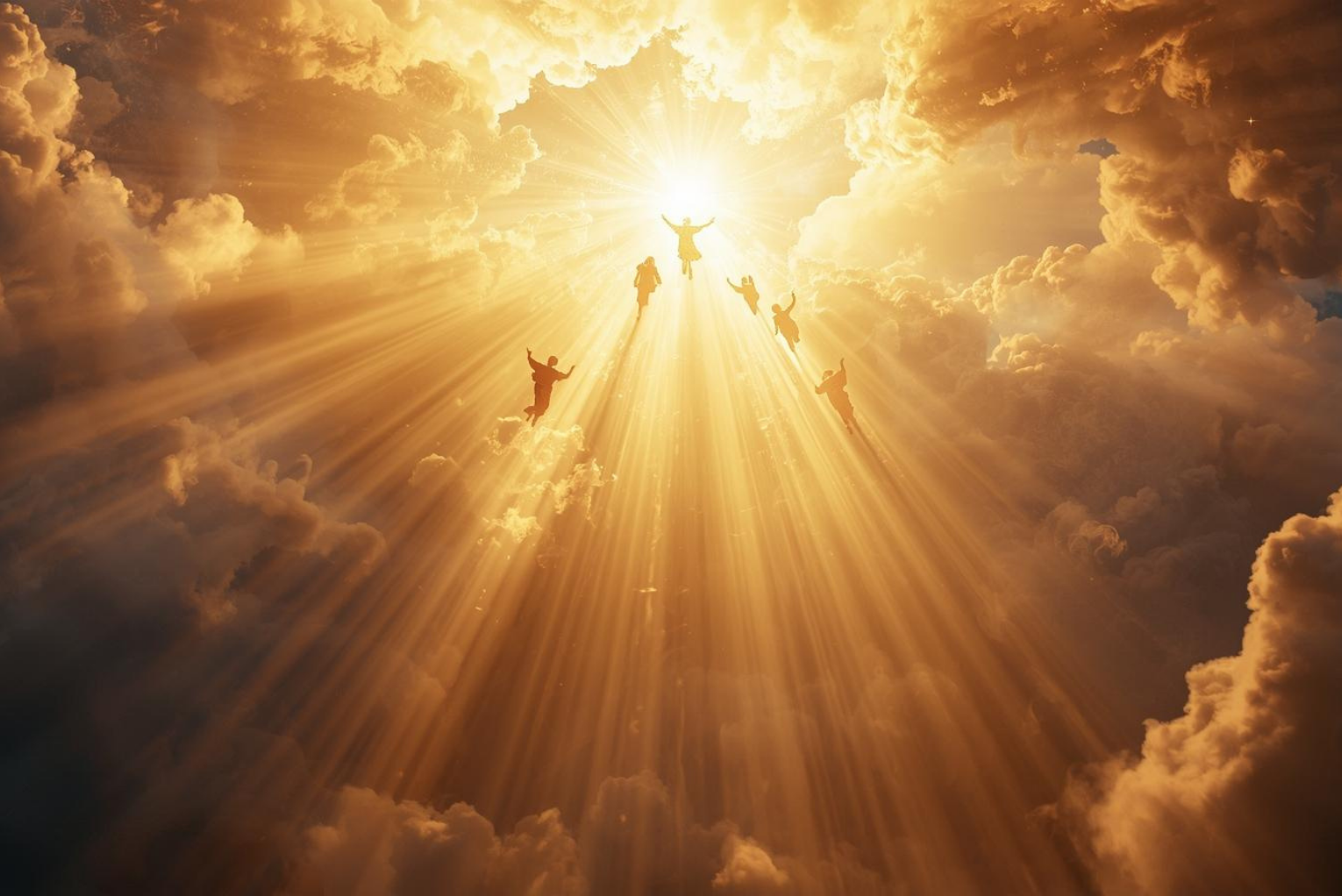(ThyBlackMan.com) This is the first of a two-part series based on Hutchinson’s latest work, American Presidents-Men Only Need Apply (Middle Passage Press)
Before the 2020 presidential election only three women had ever tossed their hat into the presidential ring. That changed in 2020. Six women at various points in the campaign declared their candidacy for the presidency.
California Senator Kamala Harris was one of them. Her presidential campaign quickly faltered, However, she still positioned herself as a possible pick for the Democratic vice-presidential candidate. If the Biden ticket with her on it won, she would break a barrier and become the nation’s first female vice-president.

The question: Would that hold much promise for a woman ultimately to finally sit in the Oval Office? Or was the failure of Harris and the women who sought the presidency and failed to gain any real traction just another sign of the dogged reluctance and resistance among a still sizable number of Americans to back a woman for president?
In 2023 the Pew Research Center sought an answer. It conducted an in-depth, wide-ranging survey on the public’s attitudes toward a woman as U.S. President.
The first question out the box was whether respondents thought a woman would be better, worse, or neither better nor worse than a man when it came to handling key areas it deemed essential to effective presidential leadership. The response depended almost exclusively on whether the individual was sensitive to gender discrimination.
Those who were said that a woman president would be better than a man. The first two areas that they pointed to were—working out compromises and maintaining a respectful tone in politics. They also tossed in honesty and ethics as qualities that a woman president would be more likely to bring to the office than a man.
However, the one area that had the widest divergence between men and women was the always crucial issue of how well a president could work under pressure. Men by a wide margin said that women could not work as well as a man when pressed.
There were other caveats. One was that the percentage of those who insisted that a woman would do better in these areas was not most of the respondents. The second was that far more women than men agreed that a woman would do better in these leadership areas than a man.
There was no surprise in the third caveat. By a wide margin Democrats were far more likely to answer in the affirmative the questions about compromise, honesty, and working under pressure and say that a woman could do as well if not better than a man in the Oval Office.
The Pew Survey then fine-tuned the issues. It listed crime, education, gun policy, the economy, national security, and health care as core issues that a president would have to deal with. Again, more women than men said that a woman president would be as good or better than a man in handling these often crisis issues. Not surprisingly, far more Democrats than Republicans said a woman in the Oval Office would handle these issues as good if not better than a man.
The respondents were split on the question of whether having a woman as president would impact how foreign nations viewed the United States. Men and women were roughly equal in the number of those who said it made little difference. That was not the case when it came to Democrats versus Republicans. By a wide margin, Republicans said that a woman president would make the country less respected by foreign nations.
The one question that ranked above all others in determining just how much had really changed among Americans on the question of a woman president was how important it was to elect a woman president in their lifetime. The overwhelming majority of respondents were indifferent to the possibility.
How indifferent? Less than twenty percent said electing a woman president in their lifetime was important. Even more surprising, women, and that included younger women under age fifty, were only marginally more likely than men to say that electing a woman in the future was important to them. On the companion question of whether the U.S. would elect a president in their lifetime, less than half of the respondents believed that would happen.
It was important to note that the Pew Survey was taken in September 2023, that was nearly a year before Vice President Harris replaced President Joe Biden as the 2024 Democratic presidential candidate. Whether or how much if any that would have altered the views of many expressed in the survey on a woman president could not be determined.
The likelihood is that Harris would lift the percent of respondents who at the least believe that the possibility of a woman in the Oval Office in their lifetime is very real. It may even increase the percent who believed it important to have a woman president.
Almost certainly what won’t change would is the rigid political partisan divide between Democrats and Republicans about the desirability of having a woman president. Democrats would still by overwhelming numbers have answered yes and Republicans no.
Harris’s fate at the polls in the 2024 presidential election will ultimately answer the question of whether America’s glass is more than half full when it finally comes to electing a female president. And America can then say with pride, Madame President.
Written By Earl Ofari Hutchinson
One can find more info about Mr. Hutchinson over at the following site; TheHutchinson Report.
Also feel free to connect with him through twitter; http://twitter.com/earlhutchins

















There was a time in my life when I debated with oriental scholars( i.e., Buddhists ) about our differing and similar world views. Many of them informed me that they thought that America, as a whole, is too much ” Yang “( i.e., hardness, roughness, a tendency to conquer nature), and not enough ” Yin “(i.e.,softness,femininity,beauty), and that there should be a better balance. I agree. America not only wants, but needs a President Kamala Harris.